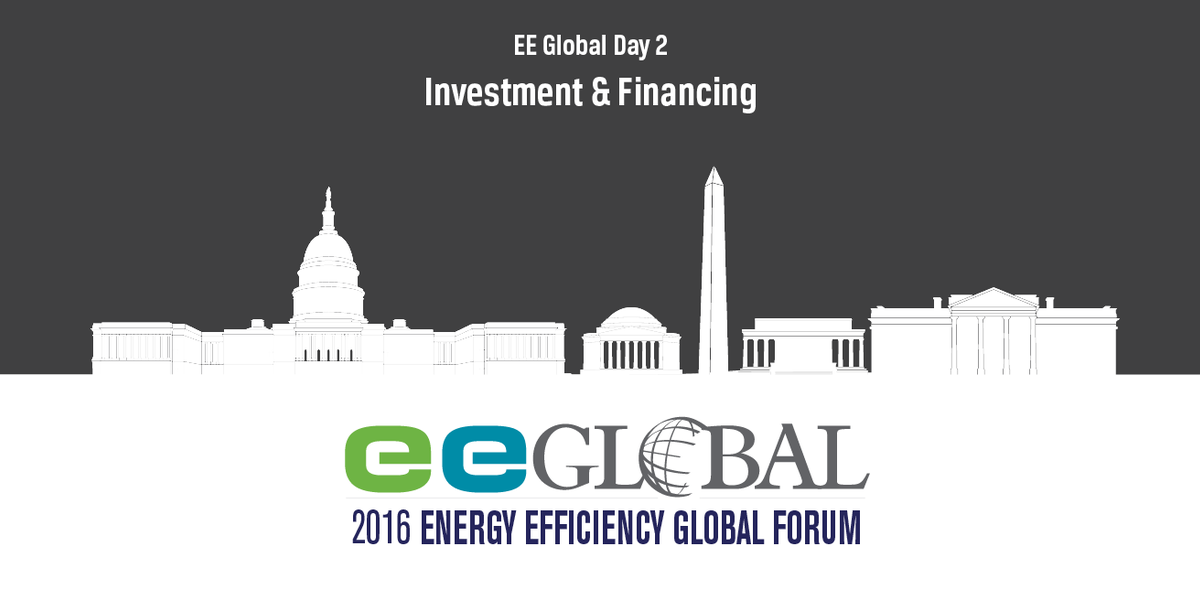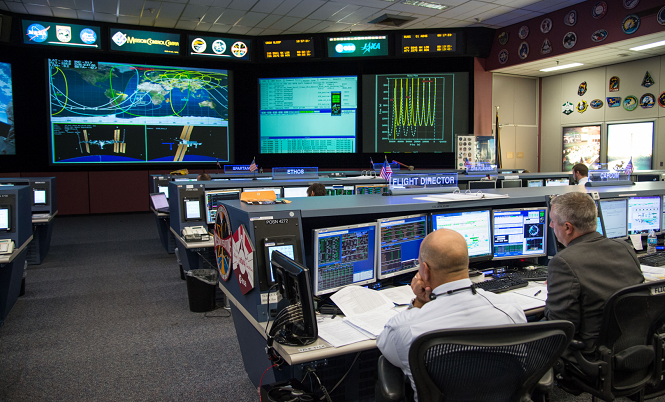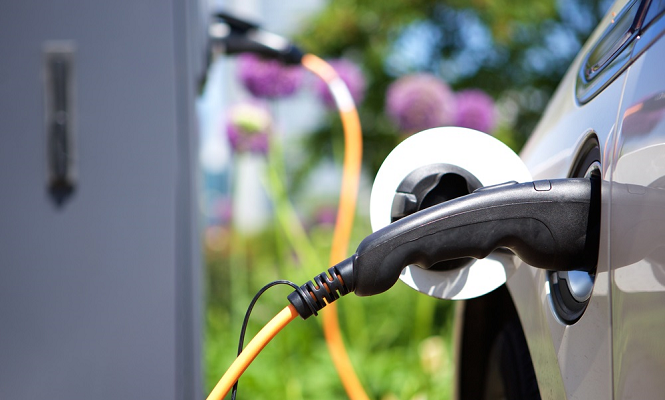Executive Dialogues - Investment & Financing - Day 2
Let's Save Energy
Alliance to Save Energy's Blog
Executive Dialogues - Investment & Financing - Day 2

Check out today's EE Global Forum highlights for the Investment & Financing executive dialogue sessions:
- 3D | Big investments: what are the best financing mechanisms for helping small and medium enterprises value and drive energy efficiency?
Joining the panel was Barry Bredenkamp of SANEDI, Stefan Buettner of EEP, Maria Fields of Joule Assets, James Wilde of Carbon Trust and Ashok Sarkar of the World Bank. Panelists addressed best practices in financing for small and medium enterprises (SMEs) to increase their value while pivoting on energy efficiency. The panelists reached consensus that achieving this goal will present a significant, although not insurmountable, challenge for the private sector. Indeed, the SME sector has immense potential for energy efficiency improvement, despite financial obstacles particular to this group, such as technical capacity and access to funding. Overall, there was a consensus among panelists that important approaches to boosting SMEs’ value while driving toward energy efficiency include: 1) raising awareness and understanding among SME players, and 2) creating the demand needed to provide capital for SME energy efficiency projects.
- 4D | Carbon scoring: How can capital markets be used as a substitute for a carbon tax?
The final investment and financing executive dialogue session discussed ways capital markets could be used as substitutes for carbon taxes. A carbon tax would be a fantastic way to reduce carbon emissions, but there are two problems: politicians must agree, and it would need to be universally accepted. Katie Dykes, Chair of the Regional Greenhouse Gas Initiative (RGGI), discussed how RGGI serves as a type of carbon "tax"; the 9 RGGI states have experienced more than 45 percent reduction in carbon pollution since 2005, with no loss of GDP growth. James Koehler, President of the National Capital Area Chapter of the U.S. Association for Energy Economics, discussed experiments in other countries and what does and doesn't work, such as widely fluctuating carbon prices from country to country. Once prices collapse -- and trade at a narrower bandwidth -- prices will stabilize, "which is the key to making this work." Ken Locklin, President of Impax Asset Management, spoke of European equity investments and what he sees as the next phase of the market -- mainly approaching climate as a risk-issue from a commercial standpoint, with some parties interested in climate solutions as an investment.
The panelist’s remarks were followed by a robust discussion from the audience, with topics ranging from how fossil fuel intense countries like Saudi Arabia are tackling carbon emissions, the role of insurance and reinsurance companies in financial flows, energy efficiency versus other low carbon projects, and third party credible bond ratings - such as the Alliance's CarbonCount metric.
RECENT BLOG POSTS
STAY EMPOWERED
Help the Alliance advocate for policies to use energy more efficiently – supporting job creation, reduced emissions, and lower costs. Contact your member of Congress.
Energy efficiency is smart, nonpartisan, and practical. So are we. Our strength comes from an unparalleled group of Alliance Associates working collaboratively under the Alliance umbrella to pave the way for energy efficiency gains.
The power of efficiency is in your hands. Supporting the Alliance means supporting a vision for using energy more productively to achieve economic growth, a cleaner environment, and greater energy security, affordability, and reliability.



